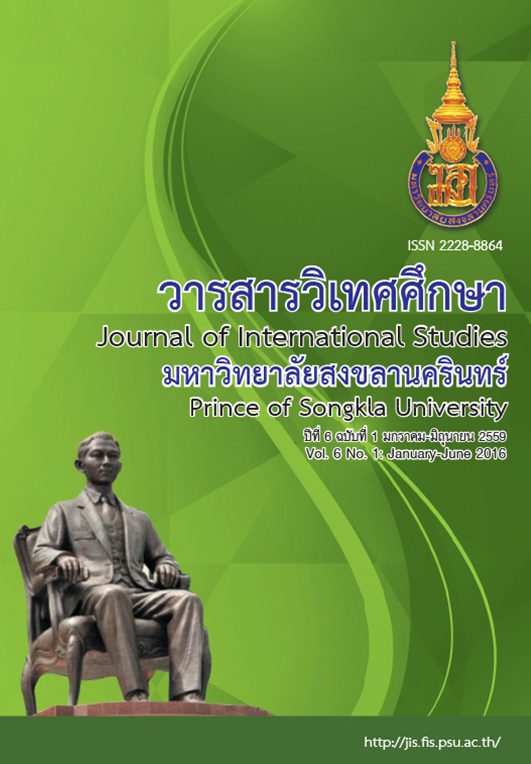The Application of Sinicized Marxism on Chinese Cultural Selection and Development in the Context of Modern Society
Main Article Content
Abstract
China has over a thousand years of culture and civilization. The culture was first adapted to the pattern of feudal society, and then evolved to reach a stable form. After the opium war, China was faced with frustrations and changes. During a period of dramatic change in international politics in the early 20th century, China (in the condition of a semi-feudal and semi-colonial political system) was finally pushed to walk along the road of Marxism. Moving into the 21st century, as the level of freedom and openness of China’s society increases, various kinds of thoughts and ideologies are entering China. Moreover, in these conditions in which society’s productivity is greatly improved and the people’s living standard has been developed into a certain level, their needs in terms of spirituality and culture are also increasing. To rely solely on Chinese traditional culture, the product of a feudal society, is not the best way to lead China to a solution. There is no doubt that “the modernization of Chinese traditional culture” is a rational choice. The objective of this article is to explain: what is Sinicized Marxism; how the Sinicized Marxism helps China on cultural selection and modernization.
Article Details
Statements and opinions expressed in articles herein are those of the authors and do not necessarily reflect the position of the editors or publisher.
Article, information, text, image, etc. which are published in Journal of International Studies, belong to Journal of International Studies. If anybody or any organization would like to use part or whole of them, they must receive written permission from Journal of International Studies before usage.
References
Huang, K. (2010). The interaction and integration of the sinicization of Marxism and traditional Chinese culture. Studies on Mao Zedong and Deng Xiaoping Theories,(8), P.27-29.
Li, A. (2009). Study of the Marxism with Chinese Characteristics. Beijing: Central Compilation & Translation Press, P.178.
Tan P. & Tang Z. (2006). The philosophical determination of the sinicization of Marxism and the Sinicized Marxism.Academic Research, (3), P.32-34.
Xi, J. (2015). The excellent traditional cultures are the most profound of cultural soft power. People.cn, Retrieved May 17, 2015,fromhttp://gx.people.com.cn/n/2015/0517/c368228-24891900.html
Xi, J. (2014). The excerpts of Xi Jinping’s discussion on the comprehensive and intensive reforms of China.Beijing: Central Party Literature Press, P.21.
Mao,Z. (1993). The collected works of Mao Zedong: The first volume. Beijing: People’s Publishing House, P.74.
China Center for Modernization Research. (2010). New Consideration of China’s Cultural Modernization. Beijing: Science Press,P.46.


